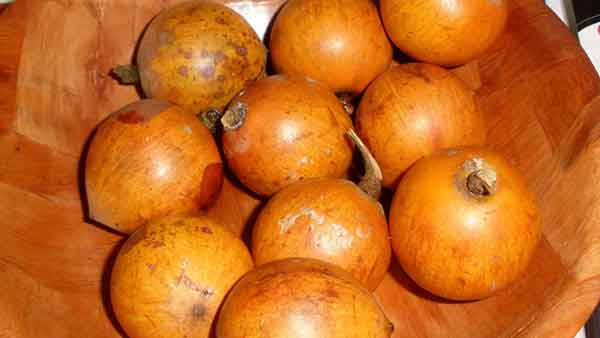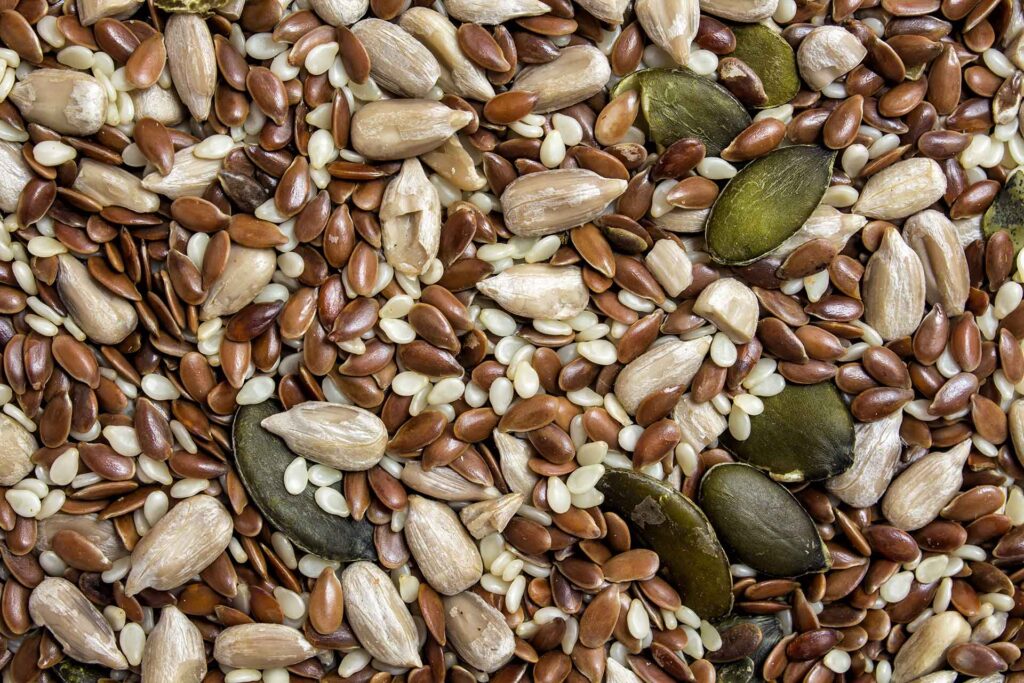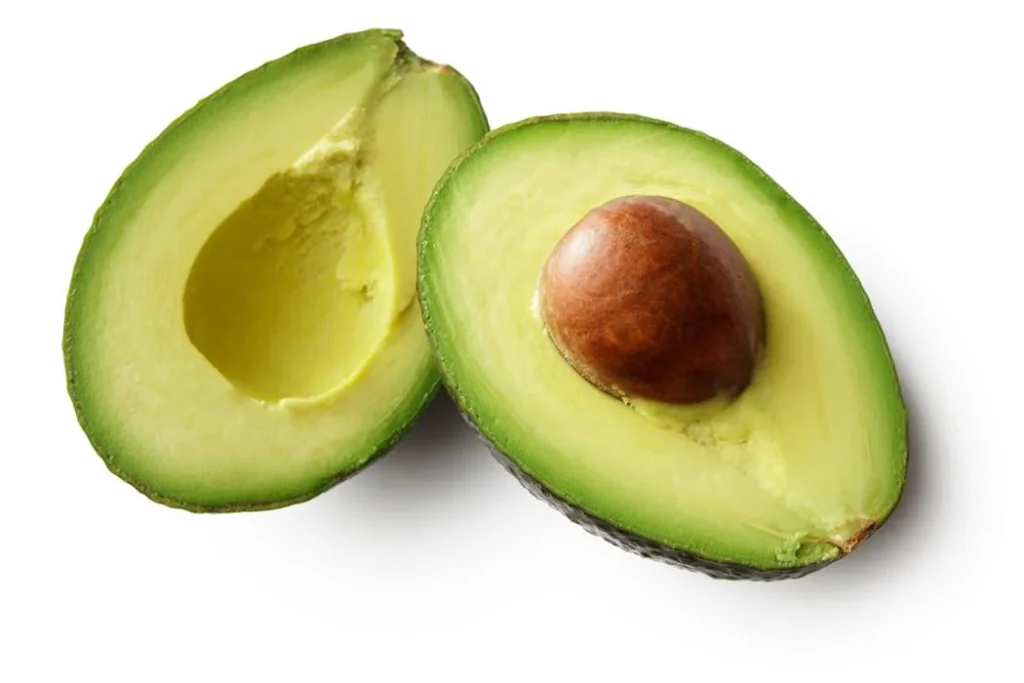The Agbalumo fruit, also called the African Star Apple, comes from West Africa. Its taste is a mix of sweet and tart, and usually, people eat it raw. This fruit is packed with vitamins and minerals that are really healthy for you. Keep reading to learn all about what’s inside Agbalumo, the good things it can do for your health, and other cool facts.
Known in different places as the African Star Apple, “cherry,” agbalumo (in Yoruba), udara (in Igbo), and otien (in Edo), the African star apple tree is pretty famous. You can see it in cities or the countryside in southern Nigeria, especially when it’s dry season. Its skin is yummy and chewy and can be green to orange, depending on how ripe it is.
The scientific name for African star apple is Chrysophyllum albidum, and it’s part of the Sapotaceae tree family. People usually find it between December and April. You can see many people in Nigeria really enjoying its tasty, juicy inside.
In rural parts of countries like Nigeria, Ghana, Cote d’Ivoire, Uganda, Cameroon, and Niger, lots of people grow this tropical fruit. When it’s ripe, you’ll see it around from December to April, with orange/brown skin, seeds covered in nice creamy stuff, and you can even eat the skin.
Before it ripens, the African star apple tastes sour, but then it gets super sweet and juicy. Normally, people wait for the fruit to fall off the tree and then pick it up to eat. When you want to eat it, just take off the skin and seeds, and you’ll find the lovely, soft part inside you can eat.
Table of Contents
What’s Inside Agbalumo?
Agbalumo is full of good stuff for your body like vitamins and minerals. It has a lot of vitamin C, fiber, calcium, iron, magnesium, phosphorus, potassium, and zinc.
1. Vitamin C
Agbalumo is amazing for vitamin C. If you eat 100g of the fruit, you get about 40% of the vitamin C your body needs every day. Vitamin C is super important because it helps your immune system stay strong, stops cells from being damaged, and reduces swelling in your body.
2. Fiber
This fruit also gives you a lot of fiber. With 100g of Agbalumo, you take in about 10% of the fiber your body needs daily. Fiber is great for keeping your digestive system running smoothly and can even help lower your cholesterol levels.
3. Calcium
With 100g of Agbalumo, you also get around 8% of your daily calcium need. Calcium is really important for your bones to stay strong and it also helps your muscles move properly and your nerves to work right.
4. Iron
There’s also a good amount of iron in Agbalumo. If you have 100g of it, you’ve covered about 6% of what you need each day. Iron is important for carrying oxygen around the body and gives you energy.
5. Magnesium
The fruit is also a source of magnesium, with 100g containing roughly 5% of your daily intake. Magnesium helps control your blood pressure and can lower your chances of heart problems.
The Good Stuff Agbalumo Does for Your Health
There are many ways your body can benefit from eating Agbalumo because it’s packed with healthy nutrients. Let’s look at some of those perks:
1. Makes Your Immune System Stronger
Because this fruit has lots of vitamin C, eating it can help your body fight off germs and sickness better.
2. Aides in Weight Management
Agbalumo is great when you’re trying to keep an eye on your weight because one serving only has 67 calories. So, it’s a yummy, low-calorie snack that still gives you lots of nutrients.
3. Packed with Antioxidants
Antioxidants are like your body’s little helpers that fight off cell damage from bad molecules called free radicals. These bad molecules can appear when our body changes food into energy or when we’re stressed. Eating foods with antioxidants is important to protect ourselves.
Agbalumo is great because it’s full of antioxidants. These help keep your cells safe from harm.
4. Great for Pregnant Women
Agbalumo is super for women who are pregnant. It has nutrients like folate, iron, and calcium which are key for the baby to grow healthy. Plus, the sourness can help if you’re feeling sick in the morning.
Some pregnant people can feel queasy or like throwing up because of body changes. Agbalumo’s sour taste can be handy to soothe these feelings.
5. Used in Traditional Medicine
Besides its antioxidants, Agbalumo is believed to help with common problems like constipation, toothaches, sore throats, and upset stomachs. Its traditional use includes the bark for yellow fever and malaria, the leaves for wounds and diarrhea, and the roots for different health issues. But it’s important to remember that not all of these home remedies are proven by science, so always talk to a doctor if you’re sick.
Conclusion
Agbalumo is a tasty and healthy fruit that’s good for everyone. It doesn’t have many calories but is full of antioxidants and important nutrients, especially for pregnant women. People also use it in traditional medicine for different health problems. So go on and enjoy this great fruit—your health will benefit from it!










![What Is the National Fruit of Afghanistan and Why? [ANSWERED]](https://fruitonix.com/wp-content/uploads/2023/04/pomegranate.webp)
